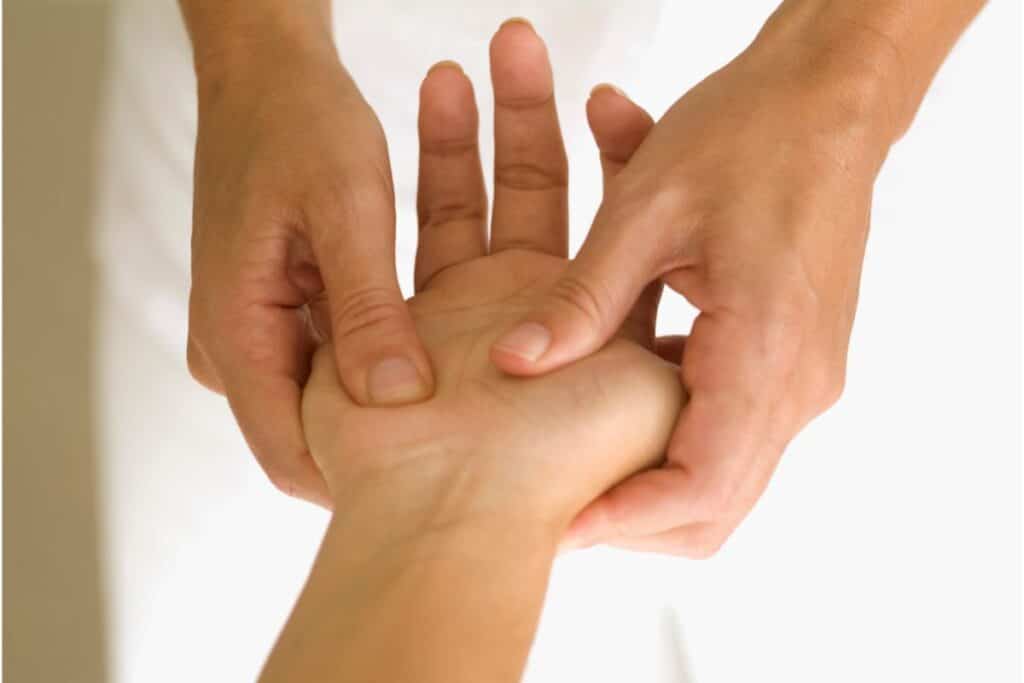Introduction to Complementary Therapies
In recent years, there has been a notable shift in the healthcare paradigm, with an increasing emphasis on holistic and patient-centric care. The integration of complementary therapies, such as Medical Intuitives, Reiki and Healing Touch, into conventional medical settings has been driven by growing evidence and patient advocacy for more integrative health approaches. Reiki and Healing Touch, both categorized under energy therapies, are believed to facilitate healing by balancing the energy fields around and within the human body.
Scientific Basis and Clinical Application
Understanding Reiki and Healing Touch Techniques
Reiki is a form of energy healing that originated in Japan in the early 20th century. It is grounded in the belief that health practitioners can channel life force energy (Rei-ki) into a patient by means of touch, to activate the natural healing processes of the patient’s body and restore physical and emotional well-being. Healing Touch, similarly, is an energy therapy in which practitioners consciously use their hands in a heart-centered and intentional way to support and facilitate physical, emotional, mental, and spiritual health.
Evidence Supporting Energy Therapies
Research into the effectiveness of these therapies has shown mixed results, with numerous studies indicating improvements in symptoms of anxiety, pain, and fatigue among various patient populations. For instance, a systematic review indicated moderate evidence supporting the use of Reiki as a supplementary approach to pain management in hospitalized patients ( source Pain Management using Reiki: https://www.painmanagementnursing.org/article/S1524-9042(13)00080-5/abstract ) .
Additionally, a clinical trial by researchers found that Healing Touch reduced symptoms of PTSD in returning combat veterans (Jain et al., 2012, Military Medicine), suggesting its benefits could extend to improving mental health outcomes.
Implementation in Hospitals
Integrative Health Programs
Many hospitals have begun to acknowledge the role of these therapies in enhancing patient outcomes and experiences. Such integrative programs typically provide Reiki and Healing Touch as part of a complementary health approach, often offered through wellness centers within the hospital or as part of palliative care services.
Training and Certification for Practitioners
The incorporation of Reiki and Healing Touch in hospital settings also necessitates proper training and certification of practitioners to ensure patient safety and consistency in care delivery. Organizations such as the International Center for Reiki Training and Healing Touch Program offer certification courses. Hospitals adopting these therapies often require practitioners to have these qualifications alongside traditional medical credentials.
Challenges and Ethical Considerations
Despite growing popularity, the integration of Reiki and Healing Touch into clinical settings is not devoid of challenges. Skepticism among healthcare professionals and the lack of robust, large-scale clinical trials often hinder wider acceptance. Ethically, it is essential to maintain patient informed consent and to establish clear guidelines that differentiate these complementary therapies from conventional medical treatments.
The Future of Energy Work
The future of Reiki, Healing Touch and other energy modalities in hospital settings looks promising but demands continued research to strengthen the empirical evidence supporting their efficacy. Additionally, more comprehensive training programs and integrative health policies will likely propel these therapies into more mainstream applications, providing patients with a broader spectrum of holistic care options.
In conclusion, the integration of energy work and Healing Touch into hospitals represents a significant stride towards more holistic and patient-centered healthcare. As research advances and societal attitudes towards complementary medicine change, these therapies may become an indispensable part of hospital care, enhancing the health and wellbeing of patients across various clinical settings.
